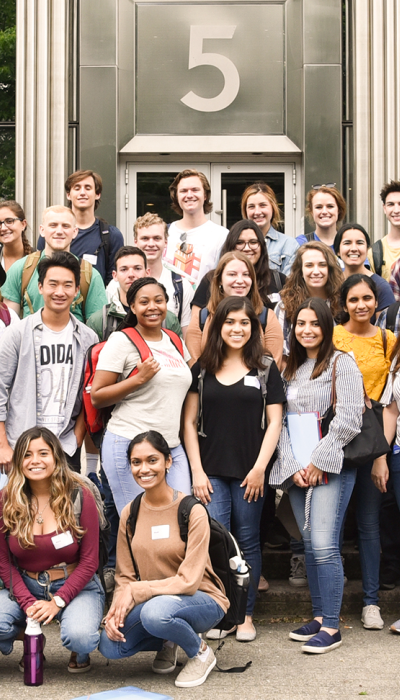Undergraduate Summer Programme
Short programmes
Lasting 7 weeks, the Undergrad Summer Programme of the Brussels School of Governance provides you with about a dozen English-taught courses you can choose from, relating to topics as broad as art & culture, business, communication & media, management, politics and international affairs. You may register for a maximum of 2 courses (6 ECTS per course).
or contact us for questions
